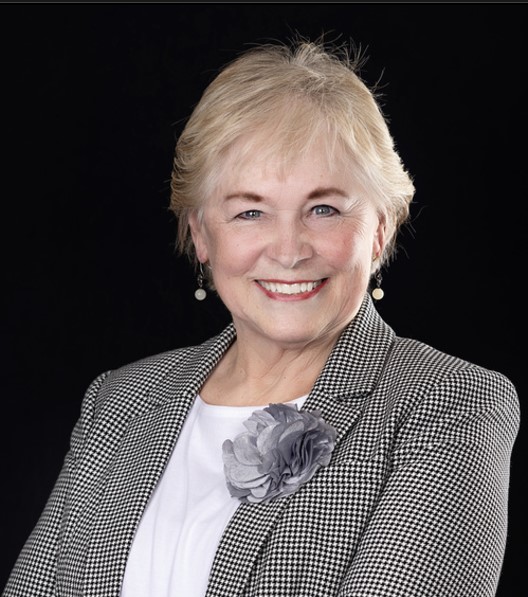We were lucky to catch up with Betty Brandt Passick recently and have shared our conversation below.
Betty Brandt, we’re thrilled to have you on our platform and we think there is so much folks can learn from you and your story. Something that matters deeply to us is living a life and leading a career filled with purpose and so let’s start by chatting about how you found your purpose.
I have thought of myself as a wannabe author since I was a young girl, when I realized that I saw my world in stories. In my first book, We Are Eight, a Memoiriam (2015), this is how I described an ‘awakening’ of sorts that happened to me one day, after attending the country school, as my brothers and I walked the mile-long dirt road to our home, a rented farm near Westgate, Iowa: “Sometimes we raced part of the way home, our books and papers and lunch cans banging against our sides with each stride. Other times we walked audaciously, without a care in the world, kicking pebbles down the road, watching the brief shower of dust evaporate before our eyes. Pronounced periods of silence happened too, when our brains pondered learnings and contemplated profound thoughts. Perhaps it was on such a day I experienced what I would later say was tantamount to a tremendous ‘shifting of the earth’s core’ beneath my feet. A door opened ever so slightly and let in the slightest sliver of light. Suddenly, I had questions I had never considered before: Where did the water in the stream come from? From where did it flow? And the sky? The trees? The cows? Us?” From that moment forward, I felt like I had something important to say to the world. I began telling myself that one day I would grow up and write books.
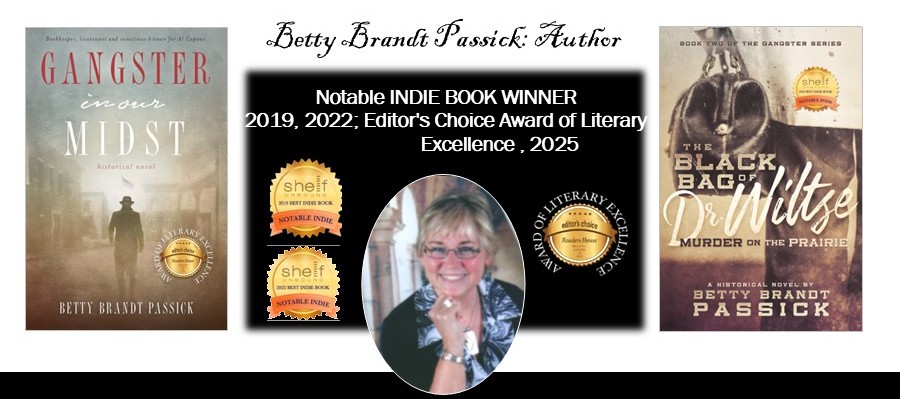
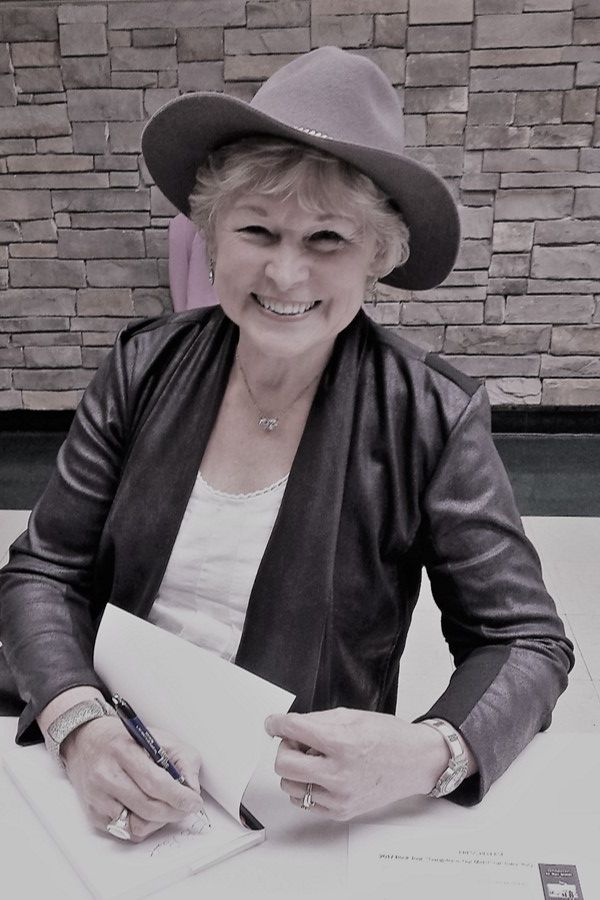
Let’s take a small detour – maybe you can share a bit about yourself before we dive back into some of the other questions we had for you?
I grew up in the small town of Fairbank, Iowa (population 1,000), with the remarkable claim of hosting Alphonse Capone’s bookkeeper, Louie La Cava, for over 60 years. I learned of the town’s unique guest a couple of days after our family of ten moved there in the mid-1950s. Within days, a neighbor stopped by to welcome us to the community, who said these intriguing words: “The town has a gangster.” Over the coming years, I heard other tidbits about the Italian American man, which only increased my interest in learning his story.
Fast forward to ten years ago, when I retired from a Fortune 500 company and finally had time to write full-time. Researching La Cava was at the top of my list of ideas for a first novel. No one in my community that I talked to seemed to know if La Cava’s claim to work as Capone’s bookkeeper was fact or fiction.
It took a year of research to examine every aspect of his life—FBI and police reports, newspaper articles, and interviews with the people who knew him best. What a story I had found. In 2017, I published the historical crime novel: Gangster in Our Midst: Bookkeeper, Lieutenant, and Sometimes Hitman for Al Capone.
During the pandemic, I returned to the town (called Oxbow in the novels) to write The Black Bag of Dr. Wiltse, Murder on the Prairie (2021) to tell an earlier piece of the gangster story – the backstory of the family who built Hotel Wiltse, a prominent setting in Gangster in Our Midst. Dr. Alexander Wiltse, who is attracted to murder investigations, realizes his black bag allows him into places where others may not go, and soon finds himself at the center of horrific murders.
One critic has called the novels “Devastating yet redemptive contemporary novels, feminist speculative fiction, and mind-opening memoirs and history.” Both novels won an Indie Book Award from Shelf Unbound book review magazine. This past February, Gangster in our Midst won the 2025 Editor’s Choice Award of Literary Excellence from Reader’s House book review magazine in the UK.
It’s thrilling to win a book award, of course. Largely, it means the books have found literary favor with peers, which informs me—not that I’ve ‘arrived’ as a novelist, but I’m moving in the right direction.
Book #3 in the series will be available later in 2025. A sharp-witted, high-strung embattled woman and pillar in the community, along with a young vagrant boy, are at the center of this story of love, addiction, sacrifice, and murder in the 1870s.
Perhaps my most exciting endeavor will be adapting Gangster in Our Midst into a stage play, which I’m currently investigating. It’s something I have had in mind from the book’s conception. I visualize telling this Iowa story as a musical and have great ideas for songs and lyrics.

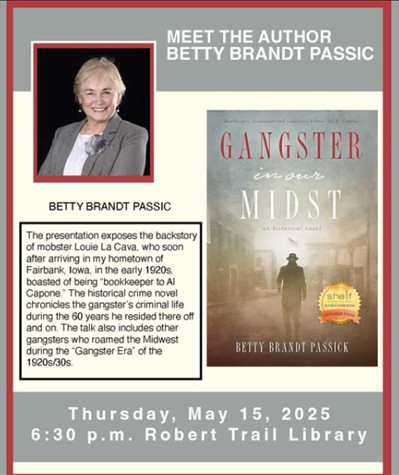
Looking back, what do you think were the three qualities, skills, or areas of knowledge that were most impactful in your journey? What advice do you have for folks who are early in their journey in terms of how they can best develop or improve on these?
I encourage new authors to write about what they know, especially in the beginning. My gangster series tells historical stories set in northeast Iowa. Many aspects of the narrative transport readers to a simpler time, full of nostalgia, and lovely to embrace. Some facets, however, may not cast the best light on a town and its people, but I’ve tried to tell those pieces truthfully, given the era. Wannabe novelists should read and understand the ‘fine print’ of the author job description, which includes the ongoing development of a thicker skin. Still, all in all, it’s a high privilege and calling to spend one’s days writing historical crime novels.
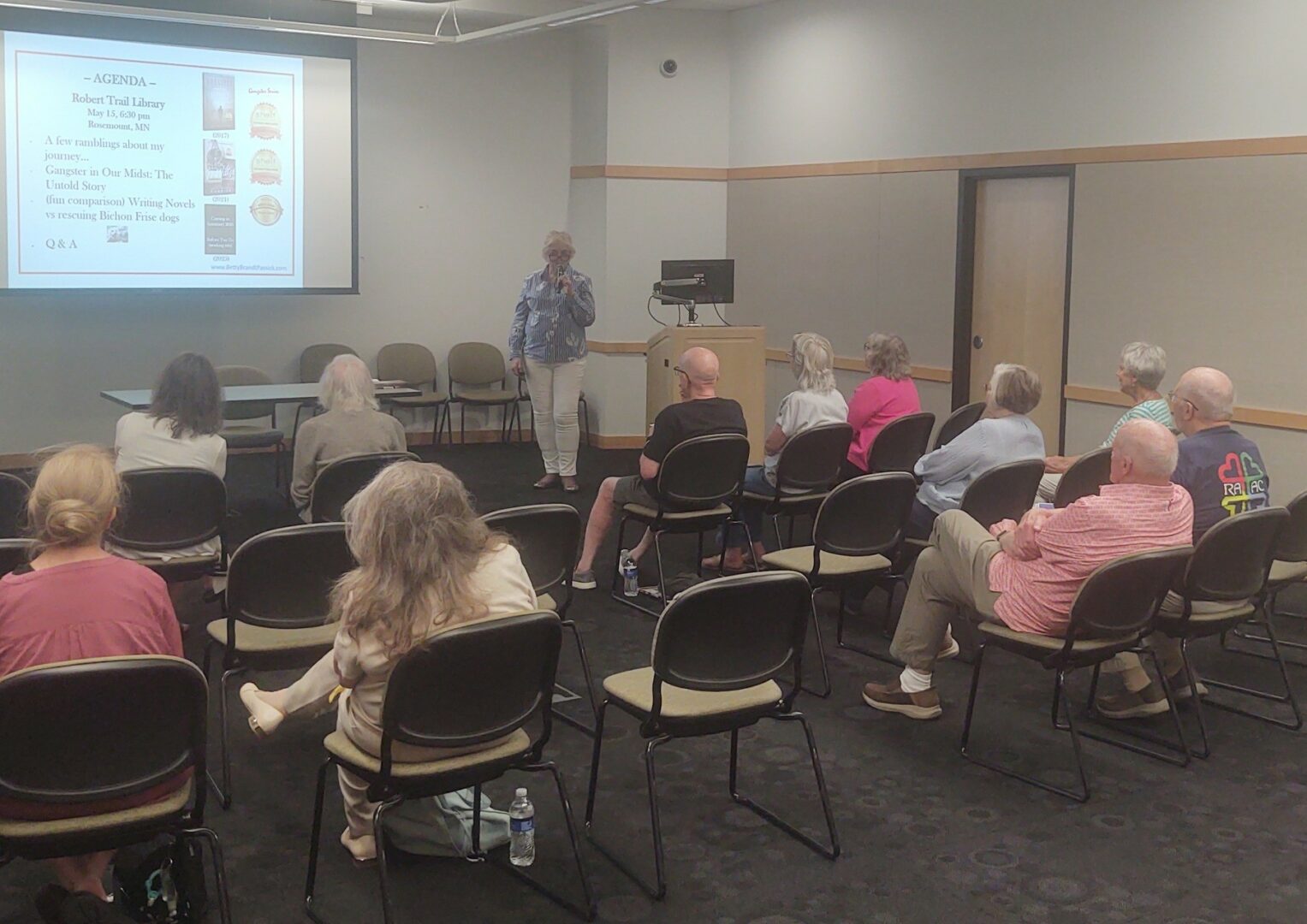
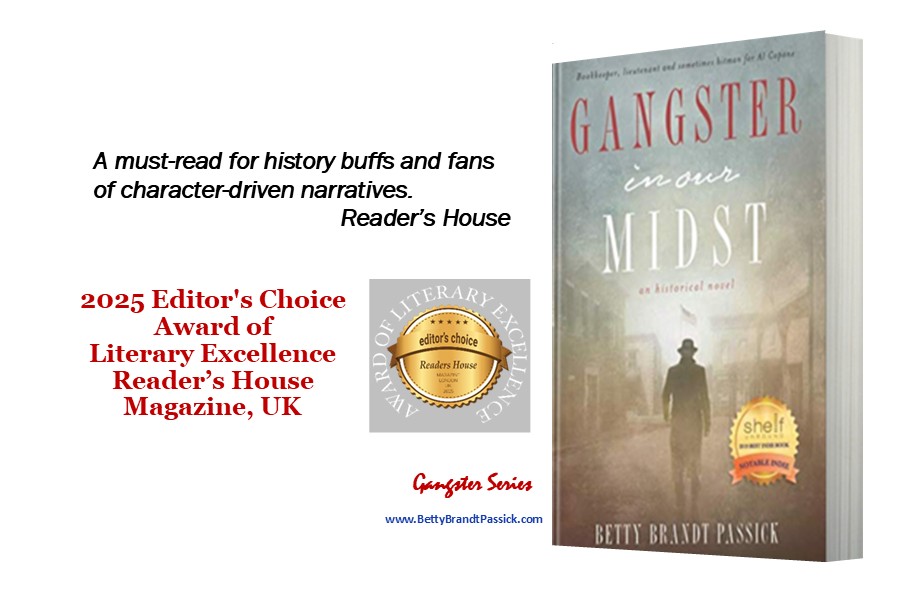
Before we go, maybe you can tell us a bit about your parents and what you feel was the most impactful thing they did for you?
My parents grew up during the Great Depression. For economic reasons, neither of them attended school past the eighth grade. Dad went to work for an uncle on his farm; Mom took a housekeeping job for a family in a nearby town. At the end of the week, when each was paid, they turned over every penny to their parents to help pay the rent and buy staples that their families needed to survive. Mom and Dad eventually met, then married the day after Christmas in 1942. The next morning, Dad had to report for duty at Boston Harbor to join the Allied fighting forces during World War II. Three years later, after the war, he was honorably discharged from the U.S. Navy, and they began farming in the area where Mom had grown up. Eventually, our family moved into the small town of Fairbank. I was their third of eight children, and every day I watched them struggle to give their children better lives than they had experienced. From them, I learned the value and rewards of hard work. Would I have been driven to follow my dream of one day writing books without their example? No doubt, they were my inspiration.
Contact Info:
- Website: https://www.bettybrandtpassick.com
- Facebook: http://facebook.com/BettyBrandtPassic
- Linkedin: https://linkedin.com/in/bbpassick
- Twitter: https://twitter.com/BBPCOM
- Other: BlueSky: Betty Brandt Passick@bbpcom.bsky.social
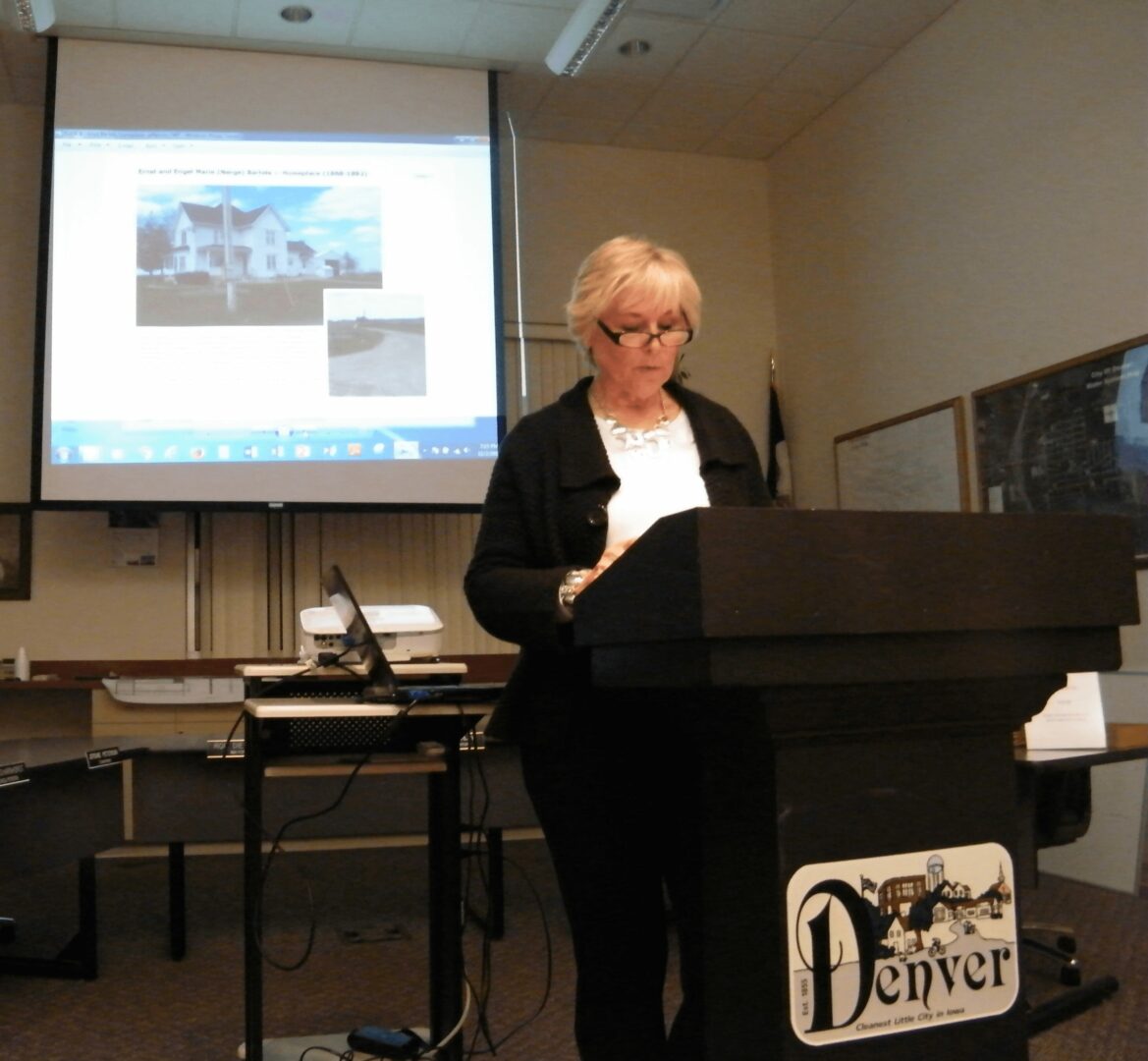
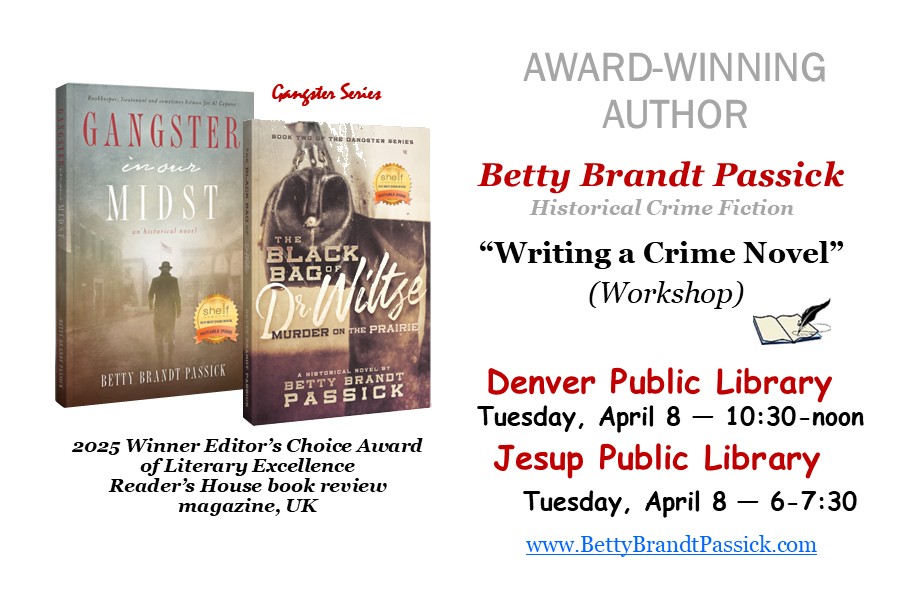
so if you or someone you know deserves recognition please let us know here.

